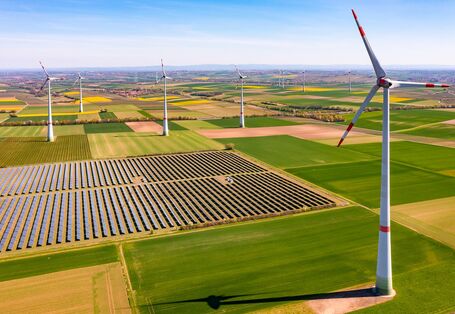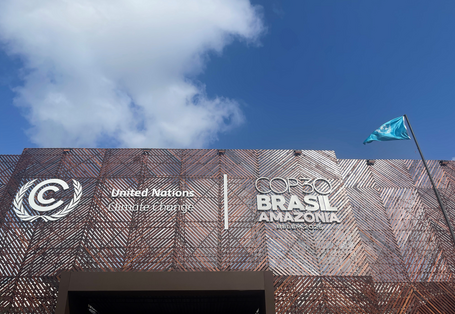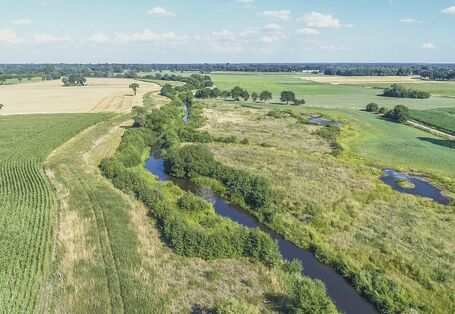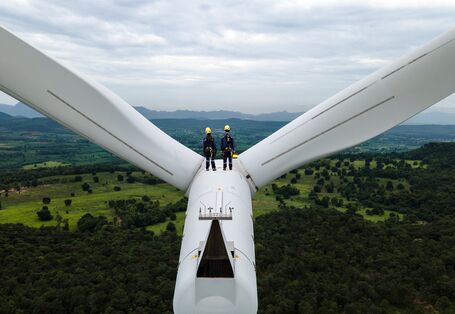Emissions trading: €21 billion channeled into the Climate and Transformation Fund

Revenue from the European and the national emissions trading systems in Germany totaled €21.4 billion in 2025. Revenues from these two central market-based climate policy instruments were thus well above the previous year’s result (€18.5 billion). This was reported by the German Emissions Trading Authority (DEHSt) at the German Environment Agency (UBA).
















